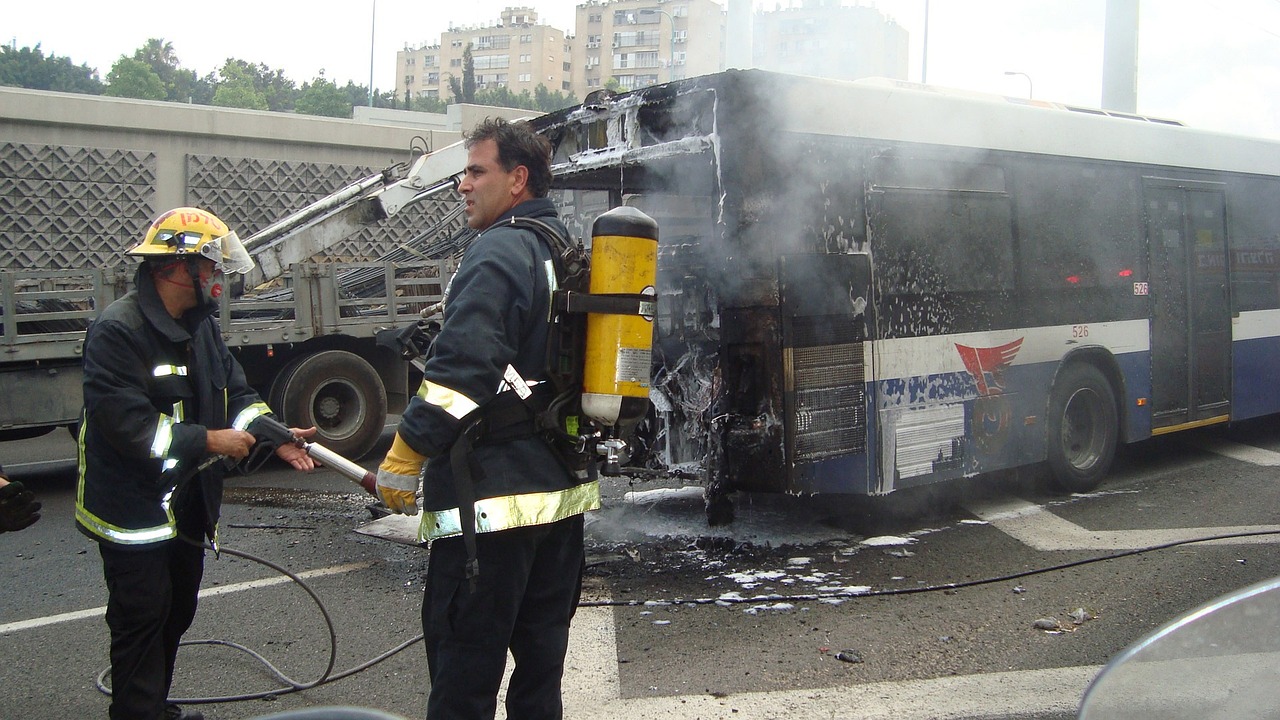Understanding Compensation in Bus Accident Lawsuits

Buses offer an inexpensive and convenient means of transportation for people in virtually every corner of the world. Here in Baltimore, MTA buses and Charm City Circulators are a common sight, ferrying residents and visitors wherever they need to go throughout the metropolitan area. Unfortunately, while they aren’t particularly common, bus accidents do sometimes occur. These accidents can cause severe injuries or even death, as well as emotional distress and financial hardship. If you or a loved one has been injured in an accident involving a bus, it’s important to understand your rights as they relate to possible compensation.
What Does Compensation Cover?
Compensation in bus accident lawsuits can cover several different things, the most common of which are medical bills. If your injuries are serious enough to warrant a hospital stay or surgery, you should look into the possibility of having these costs reimbursed as part of your compensation. Additional medical expenses, including physical therapy or rehab and medication, can also potentially be covered. And if your injury requires ongoing medical care, you may be able to make a claim for those future costs.
Another type of compensation for which you might be eligible: lost wages. If you’re unable to work because of the injuries you sustained, you should look into receiving compensation for the wages you’re prevented from earning while you recover. If your injuries result in a long-term or permanent disability and you can prove that it affects your earning potential, your compensation could also include future lost wages.
Pain and suffering are another form of injury that can result from bus accidents. These damages are a little harder to quantify than physical injuries, but that doesn’t make them any less real. Pain and suffering compensation addresses the emotional trauma that you’ve experienced as a result of your accident.
Depending on the circumstances of your accident, you may want to consider seeking punitive damages. These types of damages are awarded if it can be proven that the responsible party displayed “gross negligence or intentional misconduct” – and that this negligence or misconduct directly led to the accident. Punitive damages aren’t awarded in every case, but when they are, they’re meant as a warning of sorts to other people within the industry; by making an example of people who haven’t followed the rules, the court is essentially reminding others how important it is to abide by them.
If your loved one has died in a bus accident, you may be able to file a wrongful death claim. These claims are designed to compensate the victim’s family and cover costs including funeral expenses, loss of financial support and emotional distress. Obviously, no amount of money can replace a lost loved one, but these claims can help ease the financial toll that a wrongful death can cause, while also addressing the mental anguish that the family of the victim endures.
Determining Liability
As we’ve mentioned in other articles, determining liability is a key element of assessing your eligibility for compensation. In the case of bus accident lawsuits, the guilty party might be the bus driver, the bus company or even third parties like bus manufacturers or maintenance providers. Remember, too, that since Maryland is a contributory negligence state, you’ll need to prove that the guilty party is 100% at fault in order to receive compensation for your injuries.
Ultimately, your best bet is to discuss your options with a qualified personal injury attorney. This person can review the details of the accident with you and provide advice and guidance regarding your next steps.
If you or a loved one has been involved in a bus accident you believe that you have a claim, contact the Law Offices of Nicholas Parr in Baltimore, MD today to schedule your free consultation. We don’t receive a fee unless we win.








